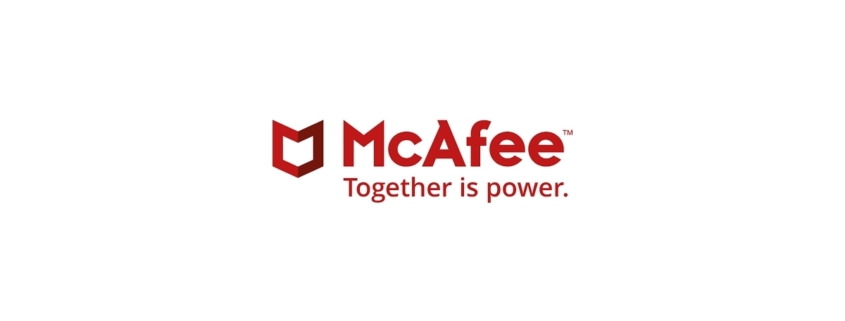Apex mother encourages vaccines among young adults after losing her 20-year-old son to COVID :: WRAL.com
Apex, N.C. — Tyler Gilreath, a 20-year-old student at the University of North Carolina at Wilmington, battled coronavirus for three weeks in August. He was starting to recover and moved into a new apartment.
But soon after feeling better, he developed a sinus infection that became so severe he had to be hospitalized.
“You never know how COVID-19 is going to affect you individually,” said his mother, Tamara Demello, from Apex. “It seems like it finds your weakest point and attacks that.”
The infection cut off blood flow to his brain, and just after five days in the hospital, Gilreath’s family had to take him off life support.
“It gets really serious really fast and it can just as easily kill you,” she said.
Now, Demello is trying to make sure no one else has to go through the same pain as she has. Her story has been featured in a national commercial from the U.S. Department of Health and Human Services.
“If this can happen to my son, who was athletic and never sick and totally healthy with no pre-existing issues, this can happen to anybody,” Demello said.
Gilreath wanted to get married and be a dad. He was attending UNCW for computer science in hopes of working in cyber security and pursuing his interest in music.
Demello said she understands that “young men can be pretty stubborn when doing what their moms tell them to.” Her son thought that he was invincible, and that the virus wouldn’t affect him, so he didn’t get vaccinated against COVID-19.
“We need to be armed and prepared as much as we can,” she said. “This is a battle.”
Data from the North Carolina Department of Health and Human Services show just 55% of people ages 18 to 24 are vaccinated. . That’s only 6% more than were vaccinated six months ago.
As of Friday, only 38% of all North Carolina children ages 5 to 17 are vaccinated against the coronavirus with at least one dose.
“The statistics are very low for young people to die from this, but the parent who loses the child doesn’t care about the statistics,” Demello said.
Demello said that her life will never be the same after losing her son.
“It’s…



